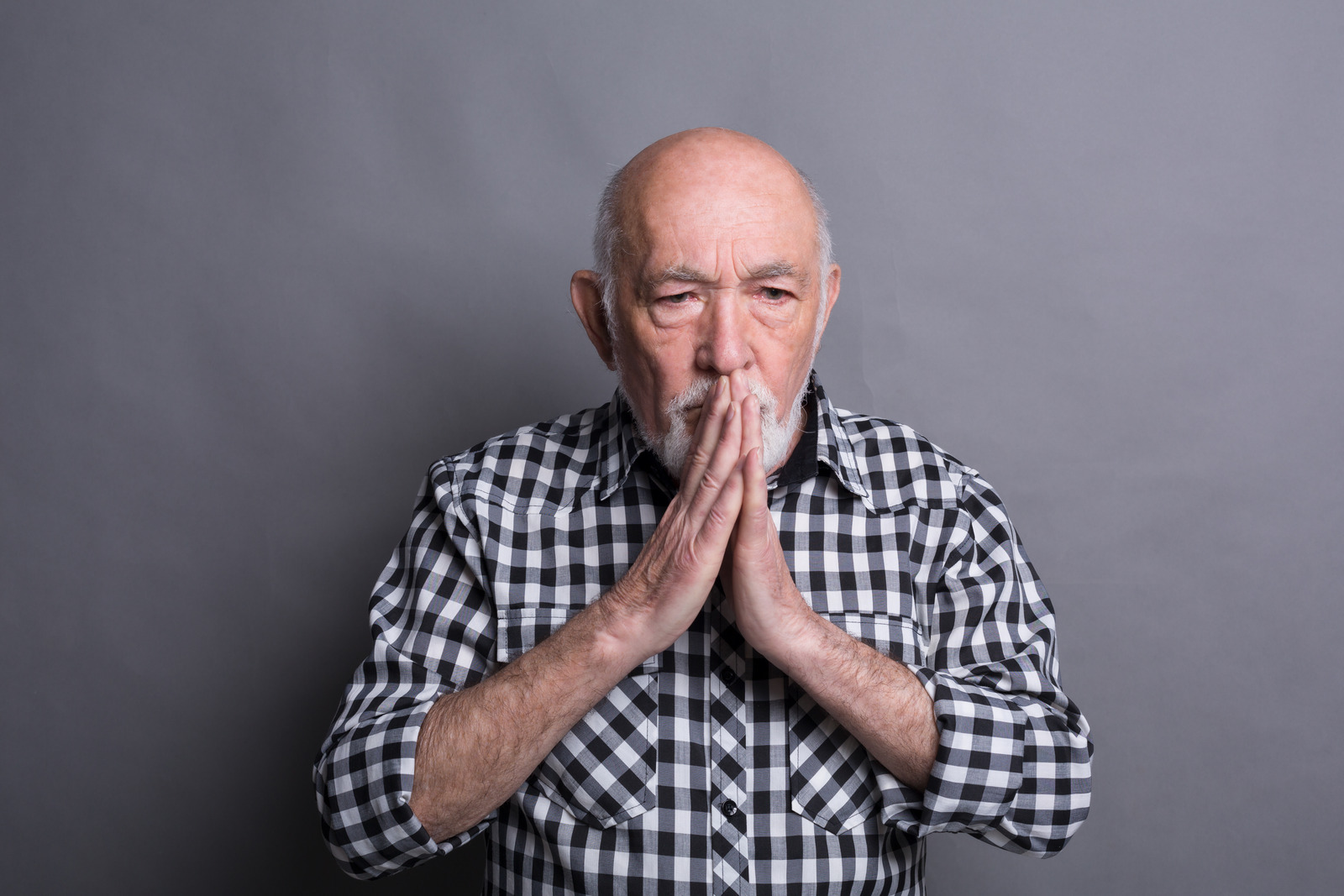We hear this phrase repeated time and again, from newscasters, public officials, politicians, and countless others. Proclaiming that “We are all in this together” is a way to stress the fact that everyone is suffering through the lock downs and social distancing, at least in those U.S. states and other countries that have implemented these measures, with the implication, of course, that no one is alone, and we will survive and recover from this pandemic together. But, every time I hear these words of support, I think of all of the people who must disagree. I wonder if they’re really saying to themselves “You have no idea what I’m going through,” or “You are not where I am and don’t try to convince me that we are all impacted the same way.” Could many people really be saying to themselves “Whenever I hear someone on TV say this, it makes me feel more distant and disconnected from everyone else”? How many of the 22 million people in the U.S. who have now applied for unemployment insurance truly believe that we will all sink or swim together?
We hear about the unequal impact of the virus, where Blacks and Latinos have a disproportionately high mortality rate when infected with the virus. Just a single case in point, referenced by Dr. Anthony Fauci, Director of the National Institute for Allergy and Infectious Diseases, in several of his many news appearances: the number of deaths for Blacks in Chicago is almost three times what their distribution is in the city’s population. This finding is shining a bright light on the incidence of chronic diseases in this group, and their increased vulnerability, (which raises other questions but that is a different conversation). Another example is illustrated by the seriously high rate of deaths in long term care facilities from COVID-19, where patients in some locations are dying so fast that facilities are unable to store or transport the bodies humanely. Additionally, we have known that those who are already immuno-compromised have a higher mortality rate when infected by the virus than those with relatively healthy immune systems. Their fear and anxiety undoubtedly is greater than the rest of the population. And then, when we hear from those with more wealth or celebrity status, saying in an obnoxious way how difficult the guidelines are to stay-at-home (or stay-on-their-yacht), can we really take seriously the feel-good, “We’re all in this together” words of encouragement?
Sad to say, but I suspect we will witness in the weeks to come more concrete examples of how the impact of the virus unevenly impacts different racial groups, socio-economically disadvantaged, medically compromised, and those in confined populations, among many others.
This short piece is not meant to disparage the wealthy or privileged, or those with more advantages so they are better able to make it through this storm. We will always have rich and poor countries and divides in populations within these countries, with sharp disparities in wealth and income, and in physical and mental health. But, trying to assure the public that we are all in this together offers false hope and false reassurances, and likely only contributes to resentment and anger among some groups. Everyone needs hope. And, we do not want to take away this hope. We all keep fighting, pushing through this together, and supporting each other, but we must remember that many, many people do not benefit from this encouragement, and merely voicing these words can have the opposite effect. Let’s not assume that “Cheer up” is helping. For some, it might be making it worse. Addressing these disparities is the real solution, but let’s not offer false pretenses that eventually it will all be better.
Until next time, thanks for reading. If you like this article, please share. And, if you have comments, please email me at jc@Livingto100.Club.
Joe Casciani, PhD
The author is a clinical and geropsychologist who has worked with older adults for over three decades. His company, the Living to 100 Club, offers resources for seniors on successful aging and managing setbacks. The tagline for the Club is “turning aging on its head” capturing the notion that age is only a number and to not allow setbacks to interfere with a positive outlook about our future. He also hosts a live radio program on Voice America, every Friday at 2pm PT. www.Livingto100.Club.





